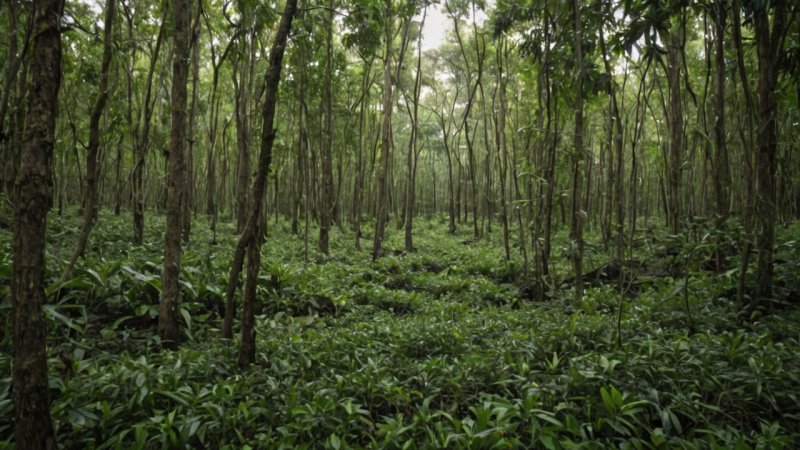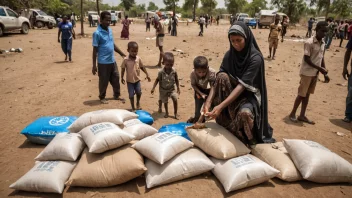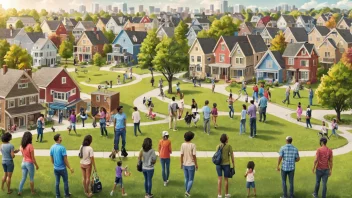Deforestation is a pressing global issue that poses significant threats to the environment and human well-being. As forests are cleared for agriculture, urbanization, and logging, the delicate balance of our ecosystems is disrupted. This article will explore the extensive impact that deforestation has on global ecosystems, emphasizing the importance of protecting our forests for future generations.
Forests cover approximately 31% of the Earth’s land area and play a crucial role in maintaining biodiversity. They are home to about 80% of the world’s terrestrial species, including countless plants, animals, and microorganisms. When trees are cut down, these species lose their natural habitats, leading to a decline in biodiversity. Many species are already endangered, and deforestation exacerbates these challenges, pushing them closer to extinction.
Moreover, forests are essential for carbon sequestration. Trees absorb carbon dioxide from the atmosphere, helping to mitigate climate change. When forests are cleared, not only is this carbon storage capacity lost, but the carbon stored in trees is also released back into the atmosphere, contributing to global warming. The Intergovernmental Panel on Climate Change (IPCC) estimates that deforestation accounts for nearly 10% of global greenhouse gas emissions, underlining the urgency of addressing this issue.
Deforestation also disrupts the water cycle. Trees play a vital role in regulating water flow and maintaining soil health. Their roots help to anchor the soil, preventing erosion and maintaining its fertility. Without trees, rainfall can lead to increased runoff and soil degradation, resulting in decreased agricultural productivity. This, in turn, affects food security and the livelihoods of communities that depend on farming.
The social implications of deforestation are equally concerning. Many indigenous communities rely on forests for their livelihoods, culture, and identity. When their ancestral lands are destroyed, they face the loss of their homes and resources. This displacement can lead to conflicts over land use and contribute to social injustice. In addition, the economic benefits of deforestation often favor larger corporations rather than local communities, perpetuating cycles of poverty and inequality.
Preventing deforestation requires collective action on multiple fronts. Governments, businesses, and individuals must work together to promote sustainable land use practices. This includes implementing policies that protect forests, encouraging reforestation efforts, and supporting sustainable agriculture. Education plays a critical role in raising awareness about the importance of forests and the need for conservation.
Individuals can also take action to combat deforestation. Simple lifestyle changes, such as reducing paper usage, supporting sustainable products, and advocating for environmental policies, can contribute to broader change. Joining or supporting organizations focused on forest conservation can amplify these efforts.
In conclusion, the impact of deforestation on global ecosystems is profound and far-reaching. Protecting our forests is not just an environmental issue; it is a matter of social justice, economic stability, and global health. By understanding the consequences of deforestation and taking action, we can help safeguard our planet for future generations.
Understanding How Deforestation Affects Ecosystems
Deforestation poses significant threats to the environment and human well-being, disrupting ecosystems and contributing to climate change.






